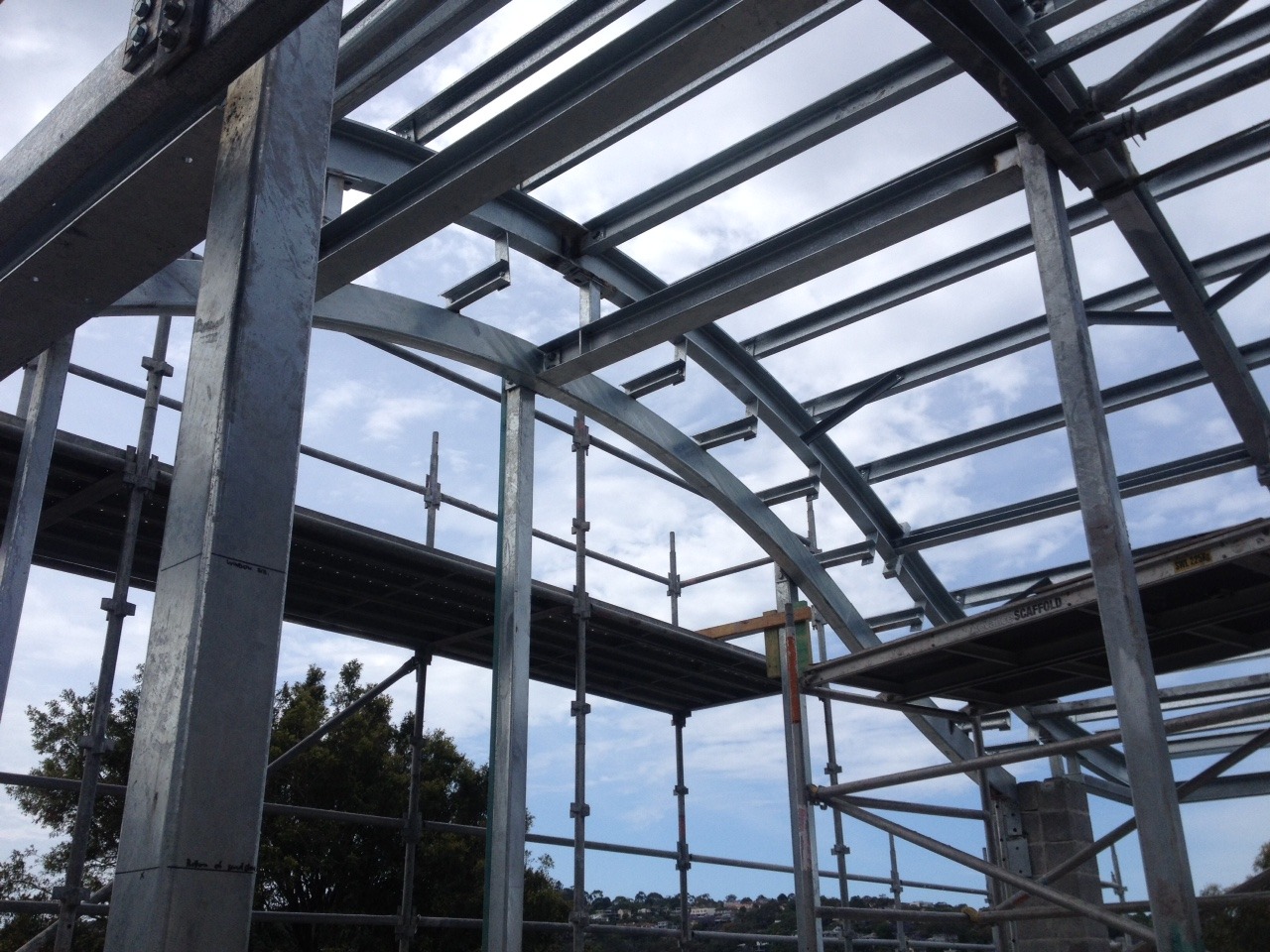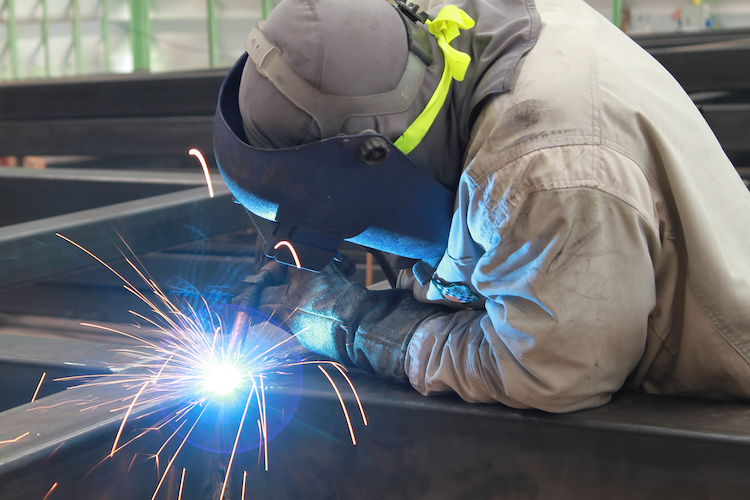The Ultimate Handbook on Custom Steel Fabrication Solutions for Structural Projects
In the realm of structural tasks, the significance of personalized steel fabrication options can not be overstated. From the foundational understanding of steel fabrication basics to the intricate procedure of picking the most appropriate products, every step in this journey plays an essential function in the utmost success of a task.
Understanding Custom-made Steel Fabrication Fundamentals
Looking into the principles of custom steel fabrication gives insight right into the detailed procedure of changing raw steel into customized architectural components. Custom-made steel manufacture is a specialized production method that includes cutting, shaping, and putting together steel products to produce one-of-a-kind frameworks according to specific job needs. Understanding the fundamentals of personalized steel fabrication is crucial for guaranteeing the effective execution of architectural jobs.
The process normally starts with the analysis of project specifications and design needs. This first phase entails thorough planning and collaboration between developers, engineers, and fabricators to figure out the most ideal strategy for producing the steel elements. Accuracy is vital throughout the construction procedure, as also small variances can affect the structural stability of the end product.
Numerous methods, such as reducing, welding, and shaping, are used to change raw steel into the wanted architectural elements. Proficient producers utilize sophisticated equipment and devices to make sure precision and consistency throughout the manufacture process. Quality assurance steps are carried out to validate the stability of the fabricated elements prior to they are put together on-site, ensuring compliance with sector requirements and job specifications.
Picking the Right Steel Products

First and leading, the kind of architectural task and its particular demands play an important function in figuring out one of the most appropriate steel products. Aspects such as the load-bearing ability, environmental problems, and wanted lifespan of the framework will dictate the quality and kind of steel that need to be utilized.
Moreover, the physical properties of the steel, including ductility, strength, and weldability, should line up with the project's demands to assure optimum performance and durability (metal fabrication melbourne). Furthermore, considerations such as rust resistance, cost-effectiveness, and schedule of the steel products must likewise be thought about during the option procedure
Design Factors To Consider for Architectural Projects
Structural tasks demand precise interest to develop factors to consider to make certain both performance and safety are focused on throughout the building and construction procedure. When it comes to developing structural projects, several vital elements must be taken into account to guarantee the success of the undertaking. By very carefully thinking about these elements throughout the style stage, designers and designers can guarantee the architectural project's success from conception to conclusion.
Improving Manufacture Procedures for Efficiency

Additionally, carrying out lean manufacturing concepts can dramatically improve effectiveness in steel manufacture. By decreasing waste, optimizing operations, and enhancing communication in between different teams associated with the construction process, tasks can be finished much more swiftly and with greater high quality criteria.
Moreover, developing an efficient manufacturing schedule and workflow can aid in prioritizing jobs, assigning sources properly, and meeting project deadlines without delay. By having a clear strategy in place and frequently monitoring progress, any type of prospective bottlenecks or hold-ups can be identified and resolved quickly, ensuring effective and smooth fabrication procedures for architectural tasks.
Quality Assurance and Task Management in Steel Construction
To guarantee the successful implementation of steel manufacture tasks, meticulous top quality control actions and effective task monitoring practices are crucial parts in maintaining precision and meeting client expectations. Quality control in steel fabrication entails extensive assessments at various stages of the construction process to validate compliance with task requirements and market standards. This includes product screening, dimensional checks, and weld examinations to make sure architectural honesty and security.
Project monitoring plays an important role in coordinating the numerous elements of steel fabrication jobs, such as organizing, resource appropriation, and interaction amongst team her latest blog members. A well-defined task strategy with clear objectives, turning points, and timelines helps to keep track of progression and deal with any type of possible problems proactively. Reliable communication in between all stakeholders, consisting of customers, engineers, producers, and specialists, is vital for guaranteeing that the job progresses efficiently and meets the image source desired top quality criteria.
Final Thought
In verdict, personalized steel manufacture plays an essential duty in structural jobs by offering customized options using the appropriate products and design considerations. Efficiency in fabrication procedures, quality control, and reliable job monitoring are necessary for successful results. By comprehending the basics of personalized steel fabrication and executing structured processes, project groups can deliver Home Page sturdy and top quality structures that meet the specific requirements of their clients.
Custom steel manufacture is a specific manufacturing technique that involves cutting, shaping, and setting up steel products to create special frameworks according to certain job demands.To make sure the successful execution of steel construction tasks, meticulous top quality control procedures and reliable task management practices are vital components in maintaining precision and conference client expectations. Quality control in steel construction involves strenuous evaluations at various phases of the construction process to validate conformity with job requirements and industry requirements (metal fabrication melbourne).Job management plays a crucial role in collaborating the numerous elements of steel manufacture projects, such as organizing, source appropriation, and communication among group members.In conclusion, custom-made steel fabrication plays a crucial function in architectural tasks by providing tailored options using the appropriate materials and layout considerations